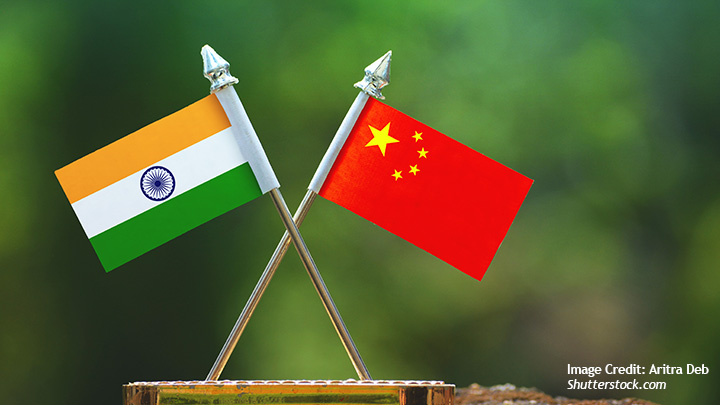China’s International Relations Theory and India

Jagannath Panda and Eerishika Pankaj
This chapter explores how China’s approach to India, and the wider region, reflects Chinese international relations theory and is undergirded by a complex interplay of geopolitical, historical, and ideological factors that are furthered via internal debates and focuses. The chapter argues that Beijing’s foreign policy is also influenced by the changing priorities of Chinese leaders and contemporary circumstances within both states, the region, and internationally. It also argues that the China-India bilateral relationship allows rich insights into China’s strategic calculations, historical experiences, and ideological underpinnings, and how these things shape Chinese international relations, noting that Marxism and the pursuit of national rejuvenation play crucial roles in determining China’s foreign policy. It also identifies that under Xi Jinping, the rising power paradox is present within the China-India bilateral relationship, adding complexity in areas such as the cooperation and competition between the two states.
The chapter finds that China’s economic engagement with India is undergirded by mercantilist interests and that the mercantilism present within the Belt and Road Initiative has caused economic and strategic concerns in New Delhi. Moreover, given that Xi Jinping’s leadership challenges Western dominance within international relations, seeking a multipolar world with China taking its perceived ‘rightful place’ within the global order increases Beijing’s dynamic and multifaceted approach to foreign policy.